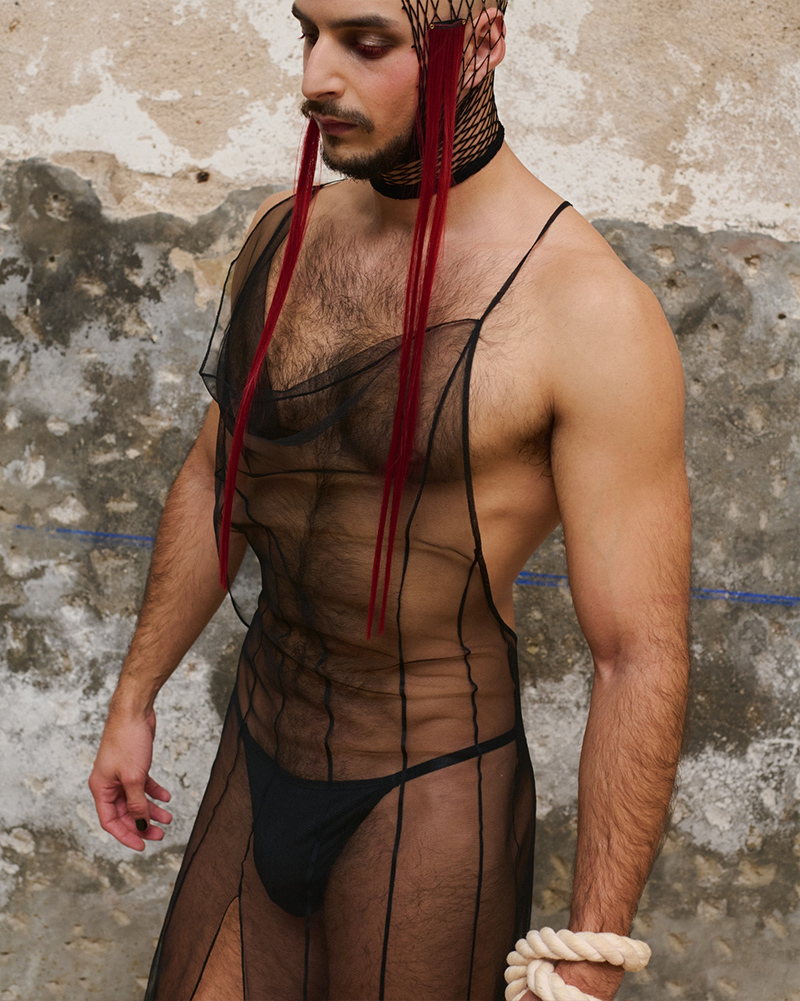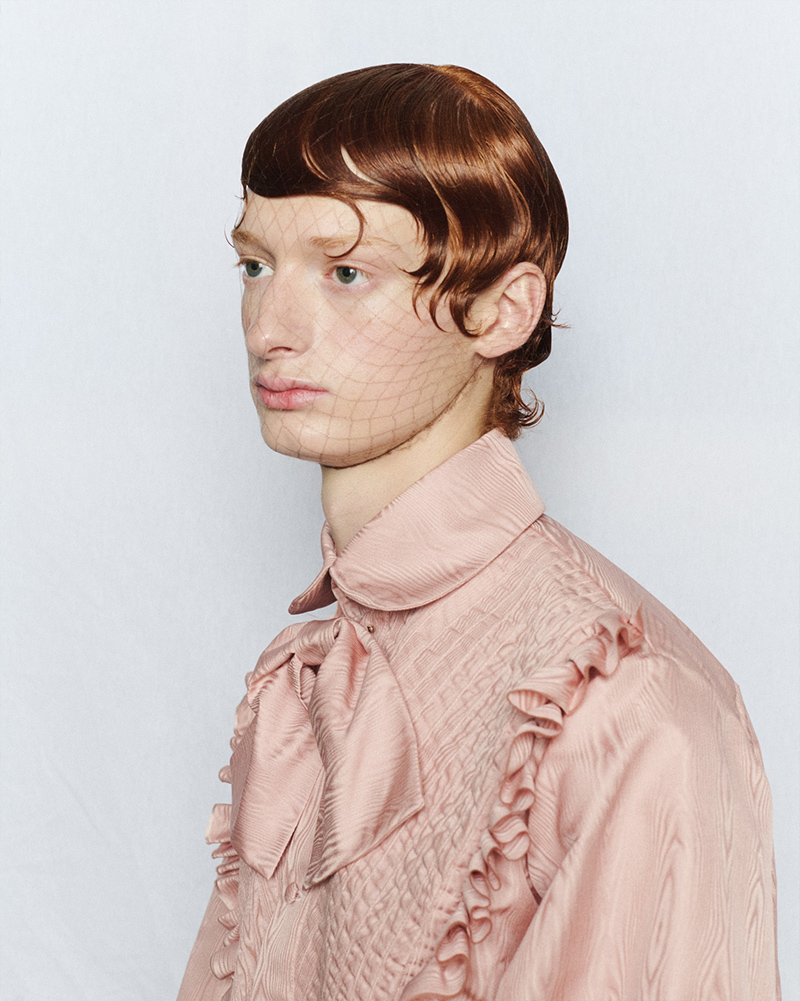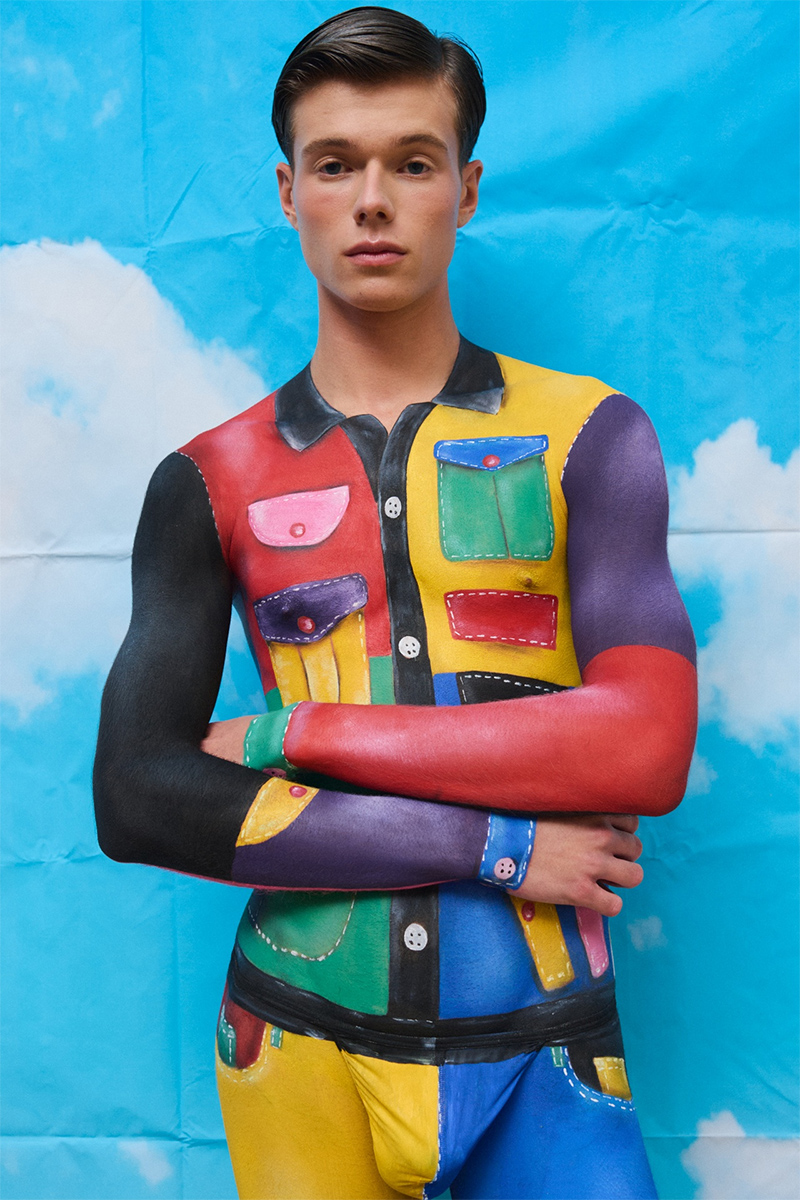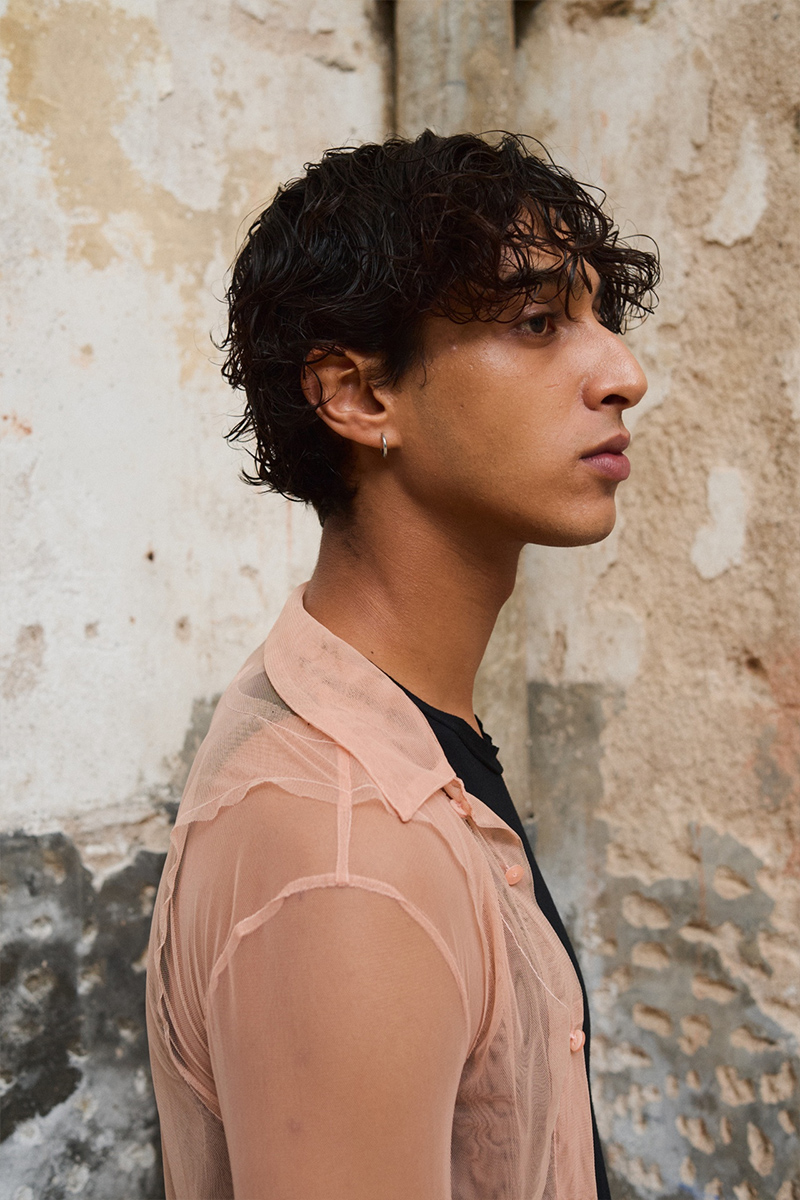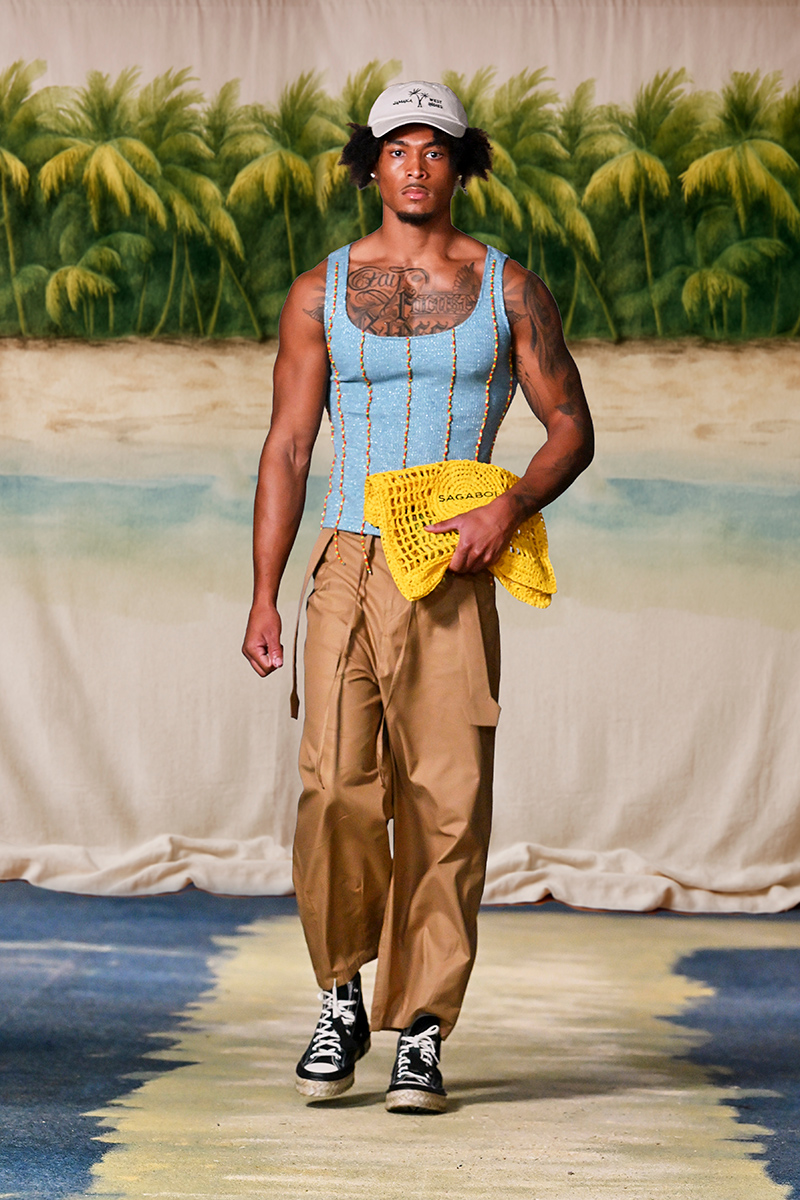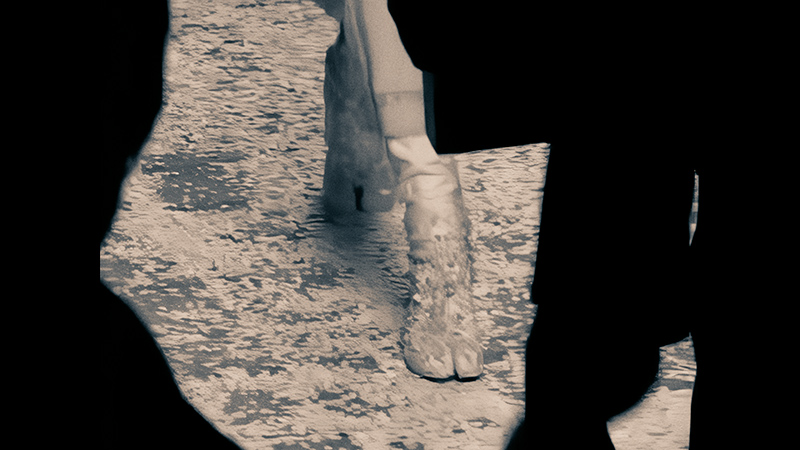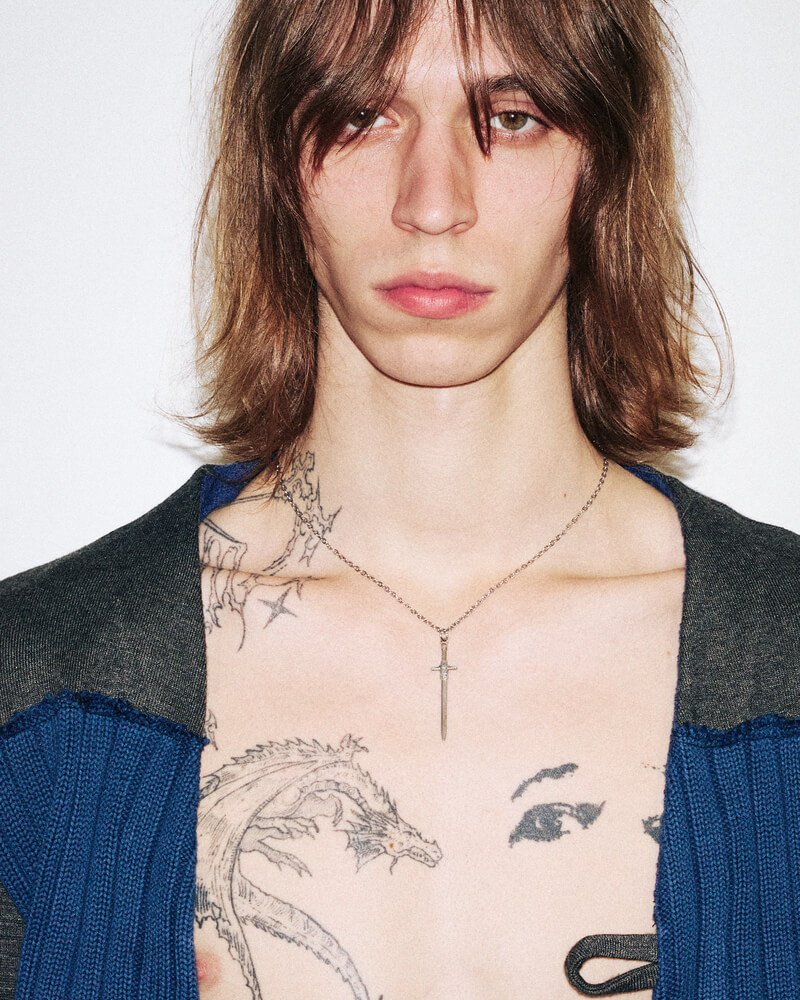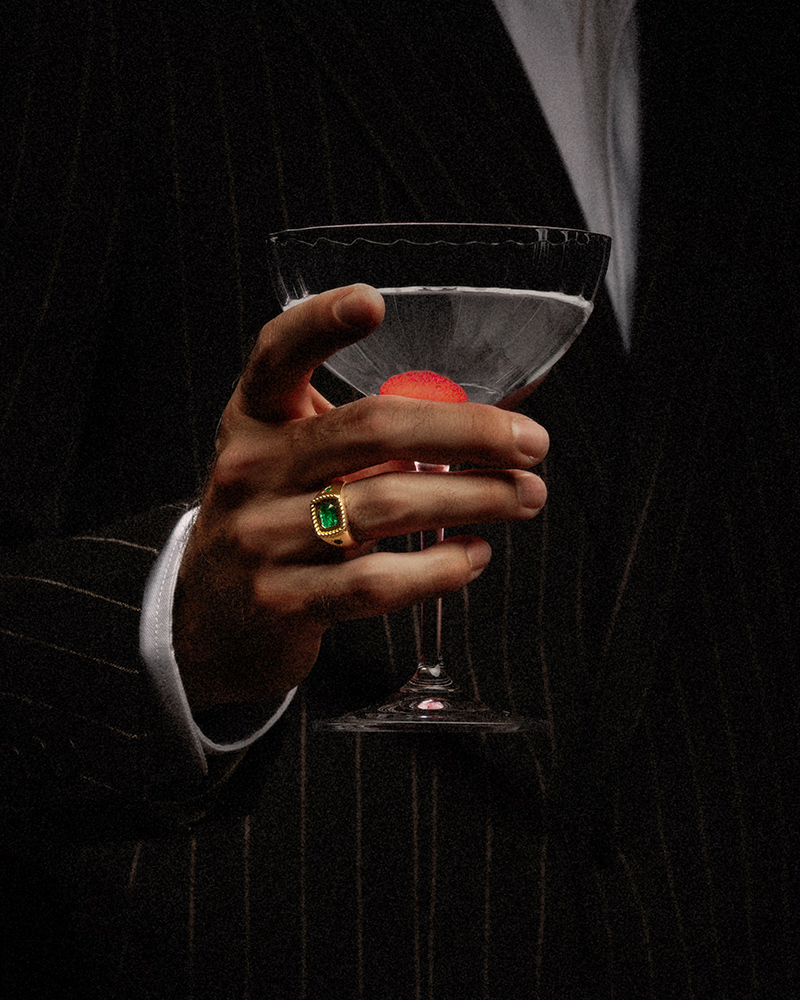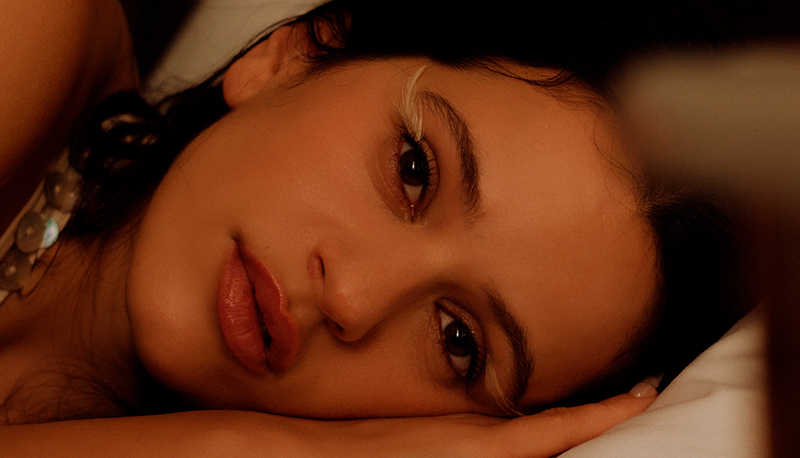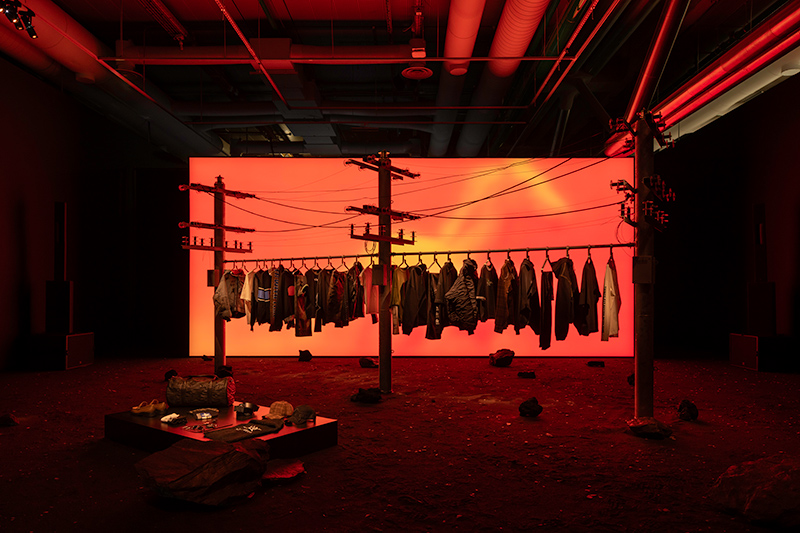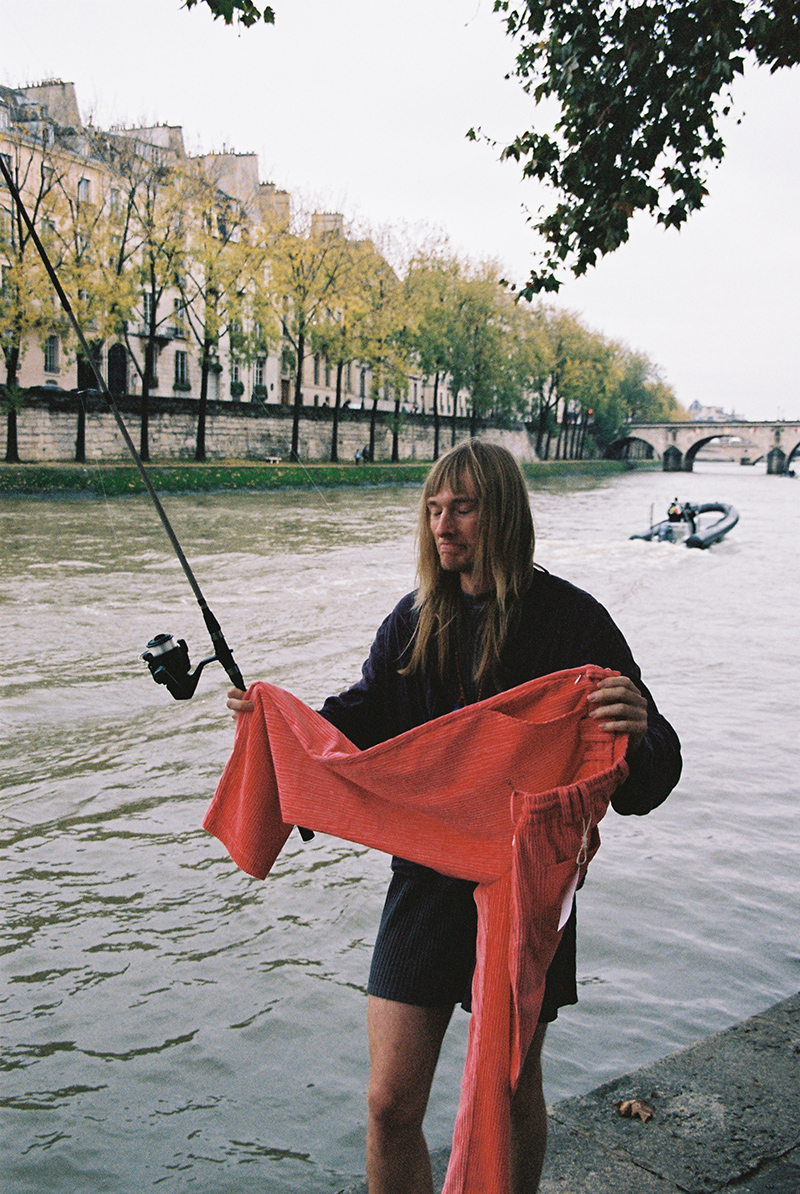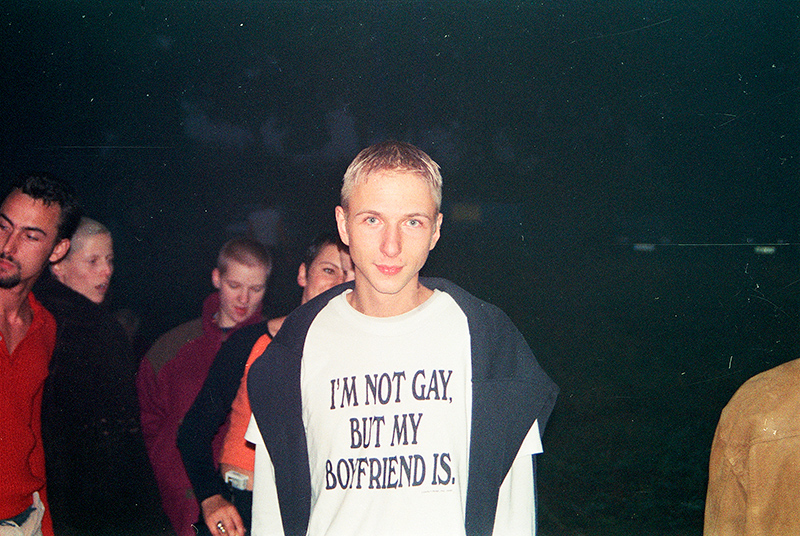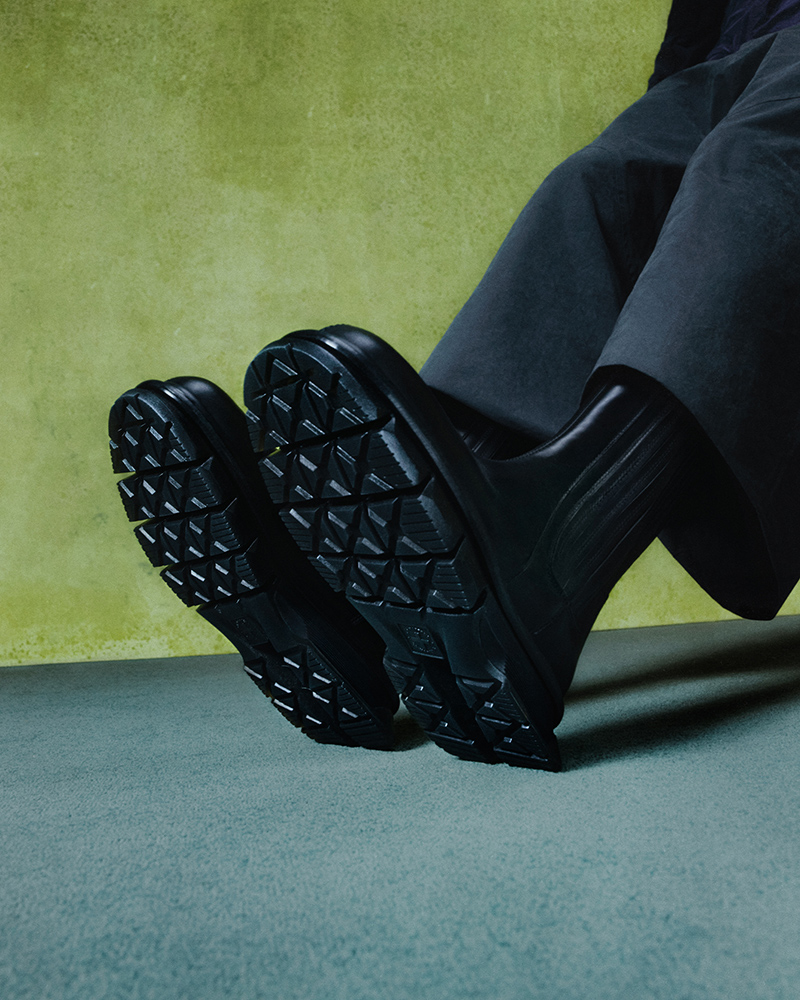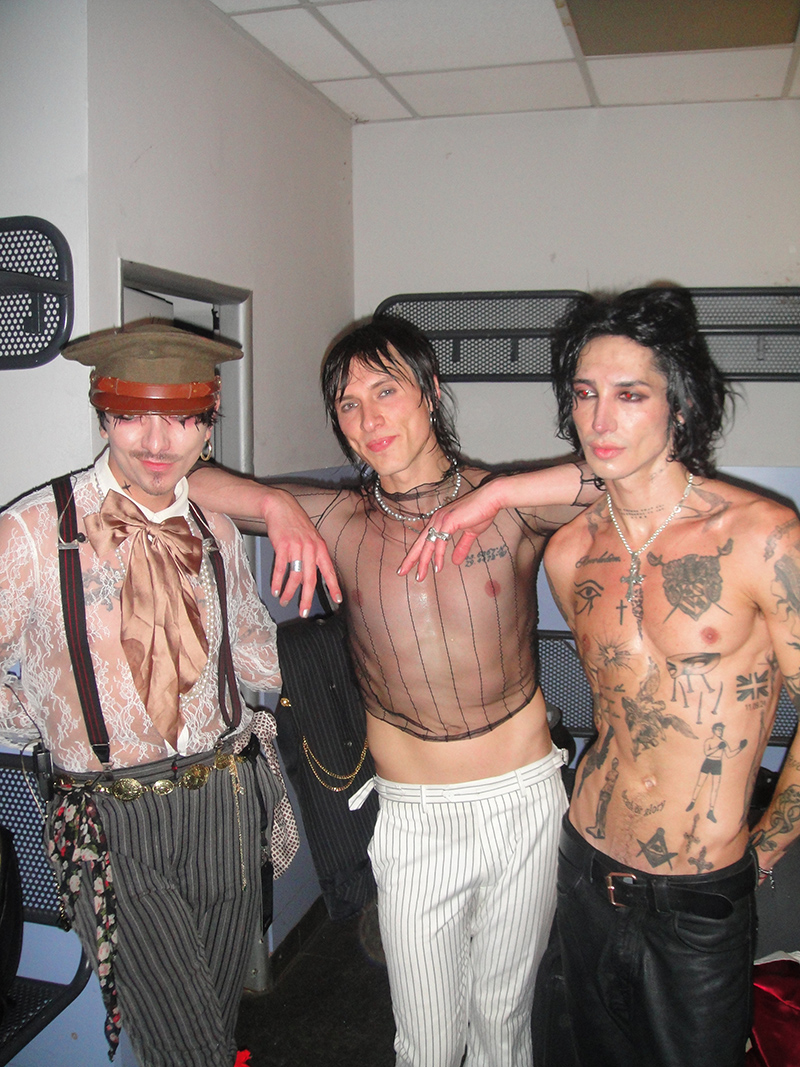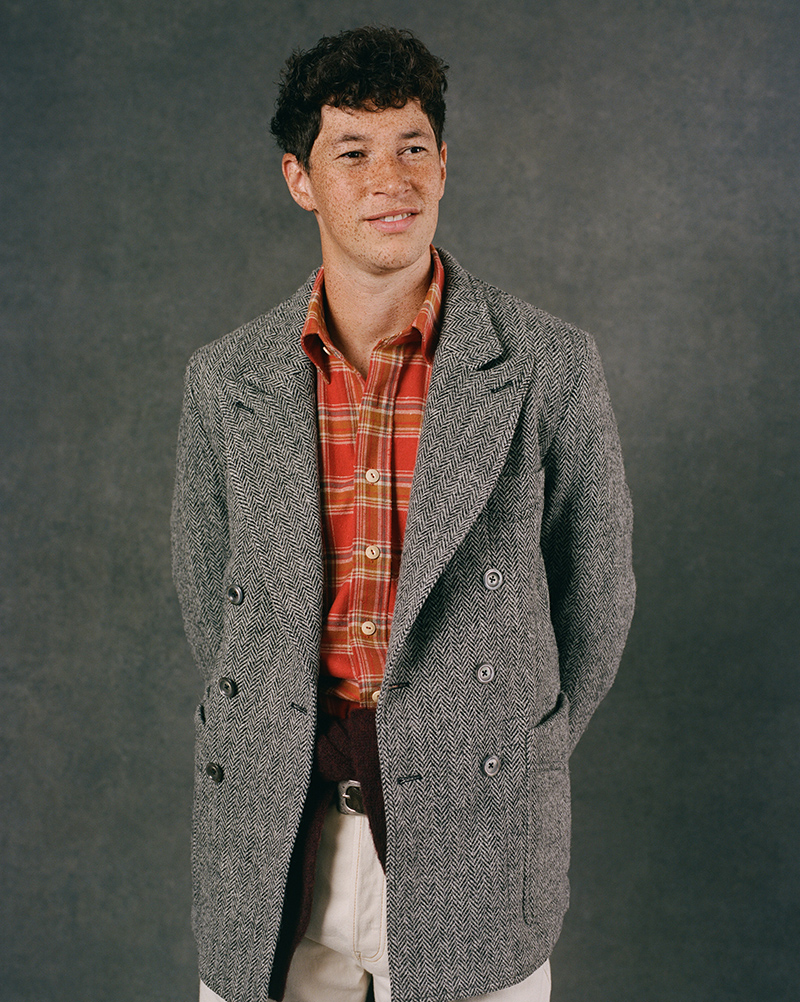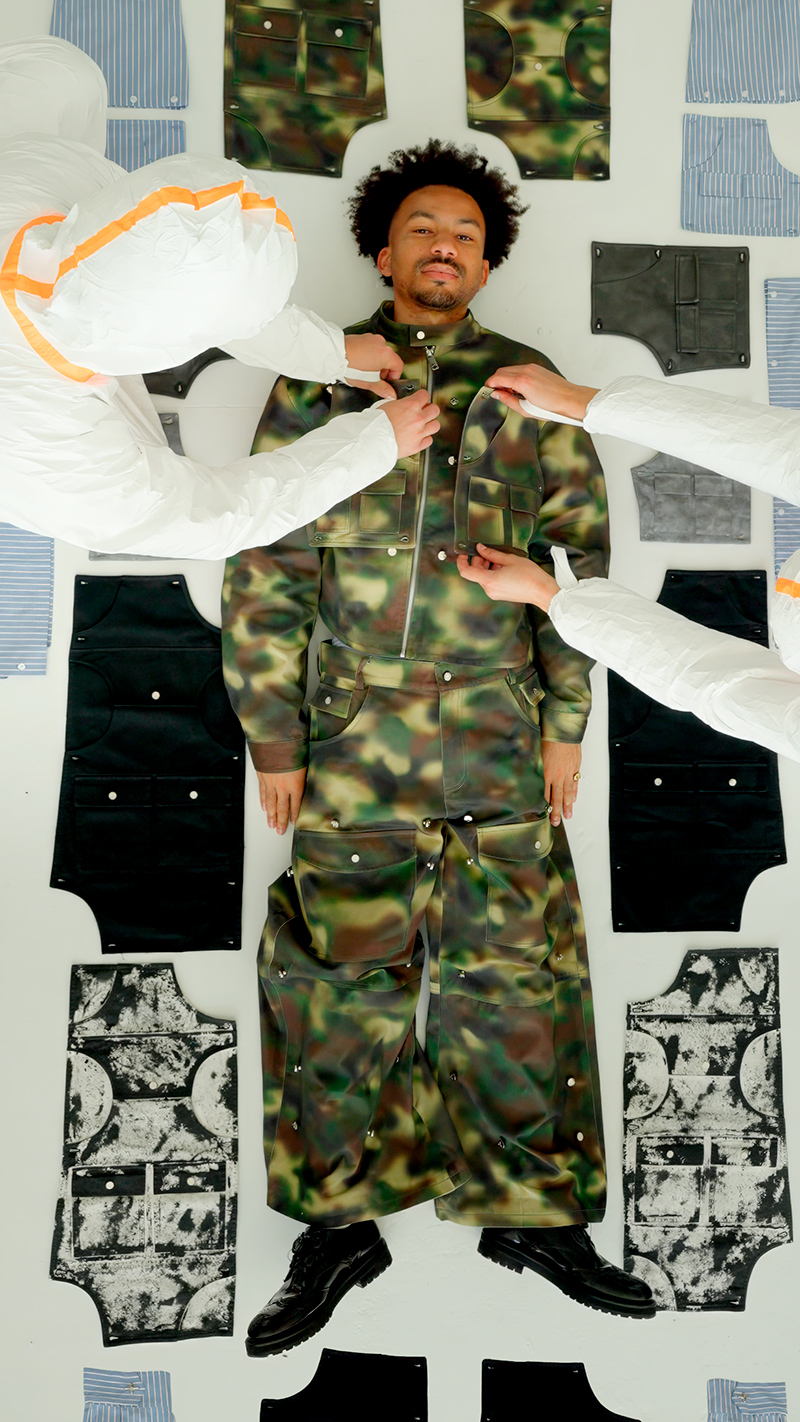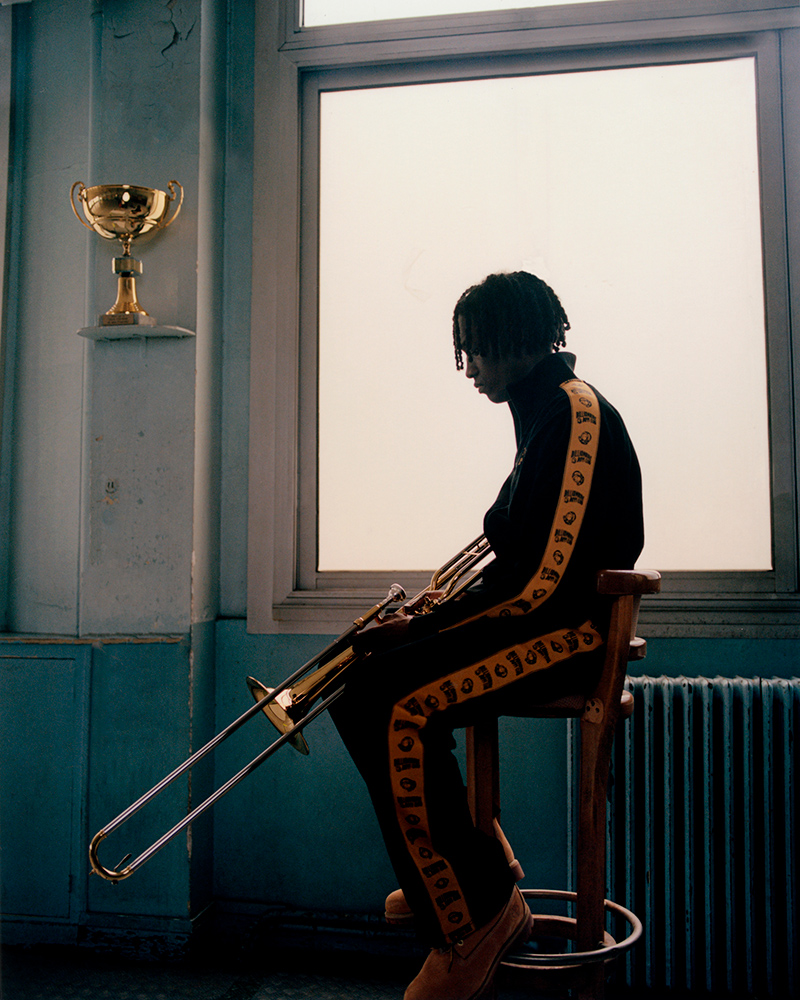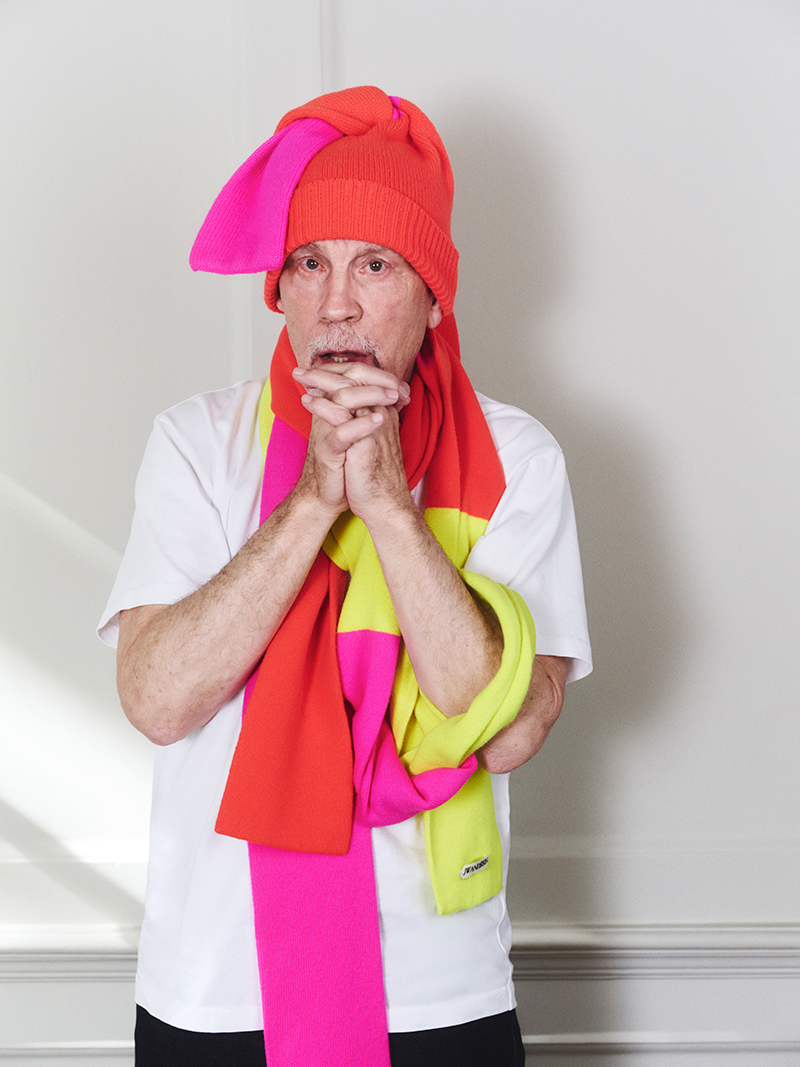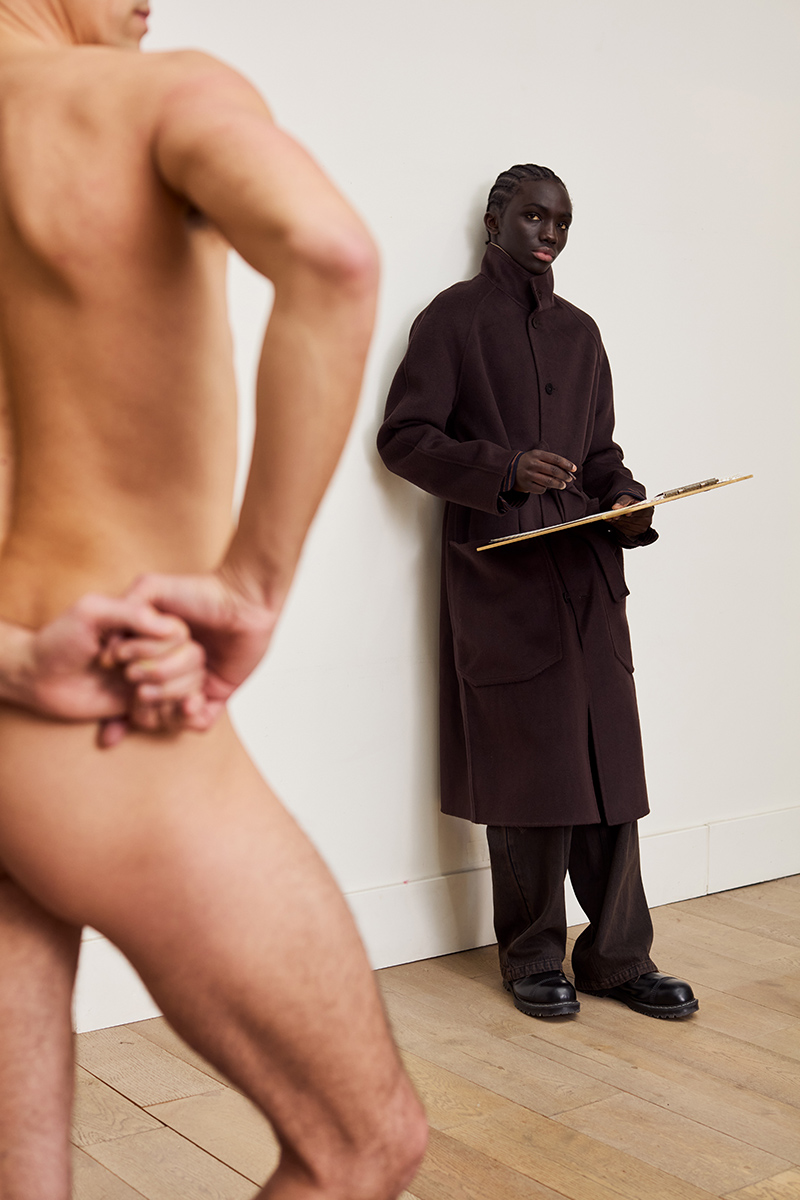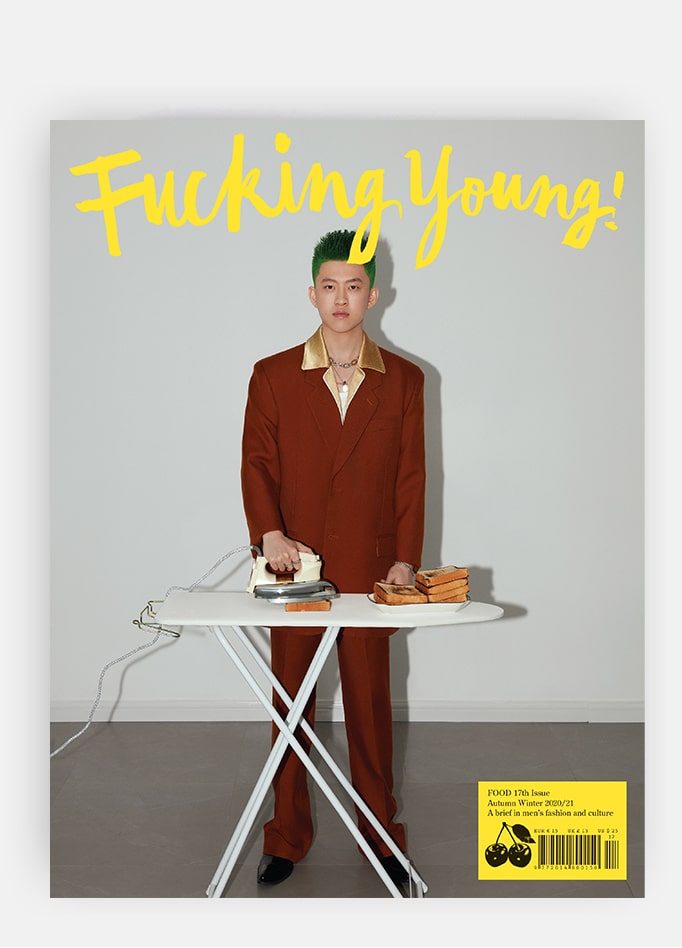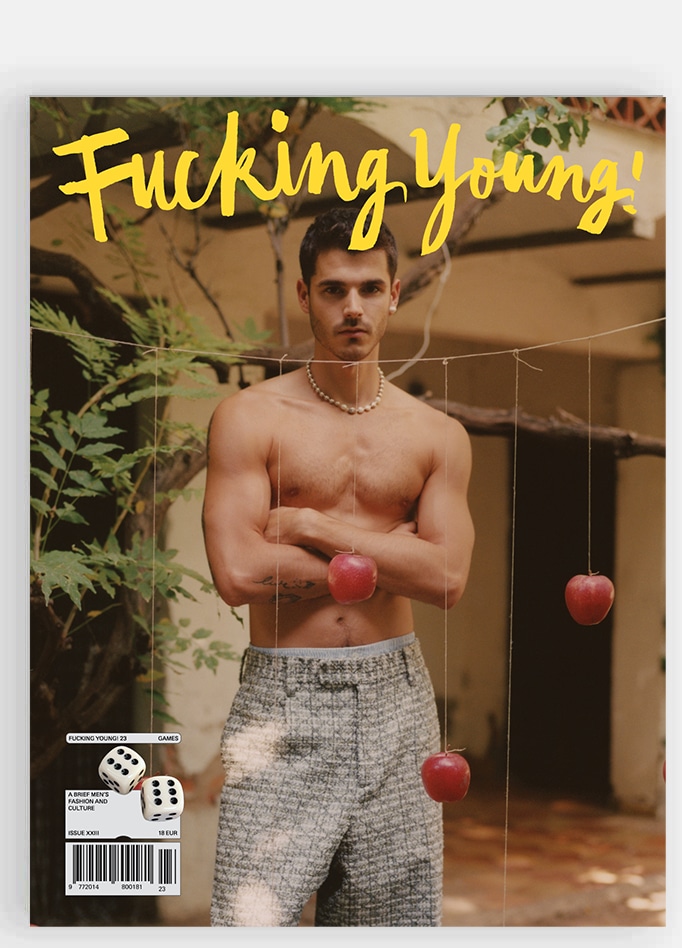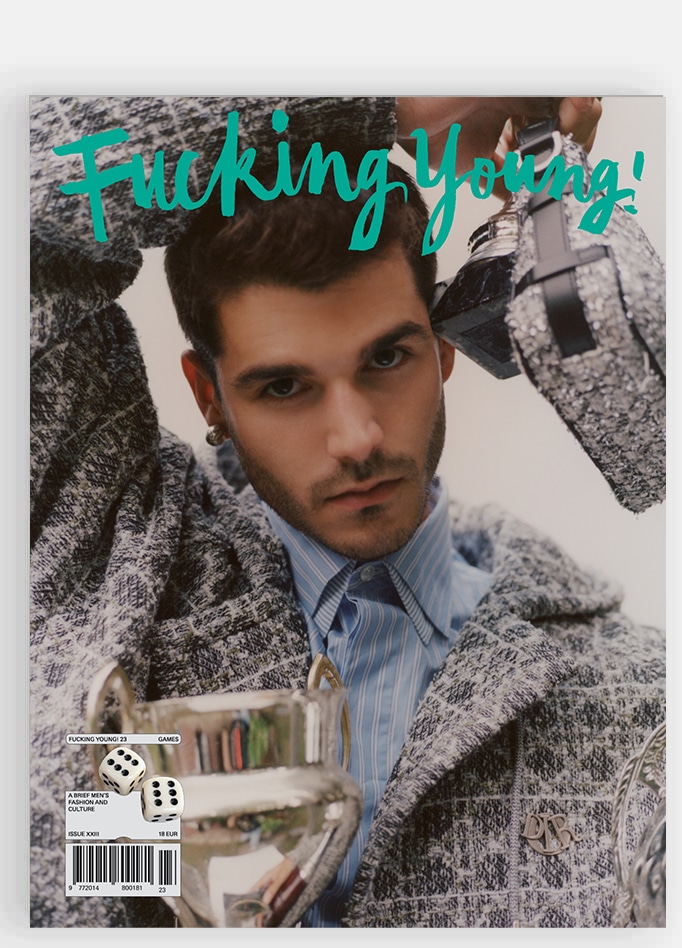There are artists who dress the world — and others who undress it. David Delfín did both. Tomorrow, at Valladolid’s International Film Festival (Seminci), RTVE Play unveils “David Delfín. Muestra tu herida“, a documentary that peels away the myths to reveal something incandescent: a man who used his own body as canvas and the runway as confession.
Directed by César Vallejo, Ángela Gallardo and Rafael Muñoz, the film drifts between archive and afterlife — 75 minutes of raw memory shot in 4K between Madrid and Marbella, and more than sixty hours of unseen footage unearthed from the Postigo family’s private archive. It’s not a biopic. It’s not even a fashion film. It’s a séance in motion, a requiem sewn from VHS static, laughter, and the soft hum of an unfinished story.
Delfín wasn’t just a designer. He was a multidisciplinary alchemist, fusing fabric with philosophy, sculpting the self with a needle and a wound. The film begins with the chaos of Cour des miracles — the infamous “soga” show that scandalized Spain’s fashion scene — and unspools from there into the intimate landscapes of his life: the sunlit adolescence in Marbella, the electric pulse of early-2000s Madrid, the haunting symmetry of his illness and Bimba Bosé’s, two bodies linked by art and tragedy.
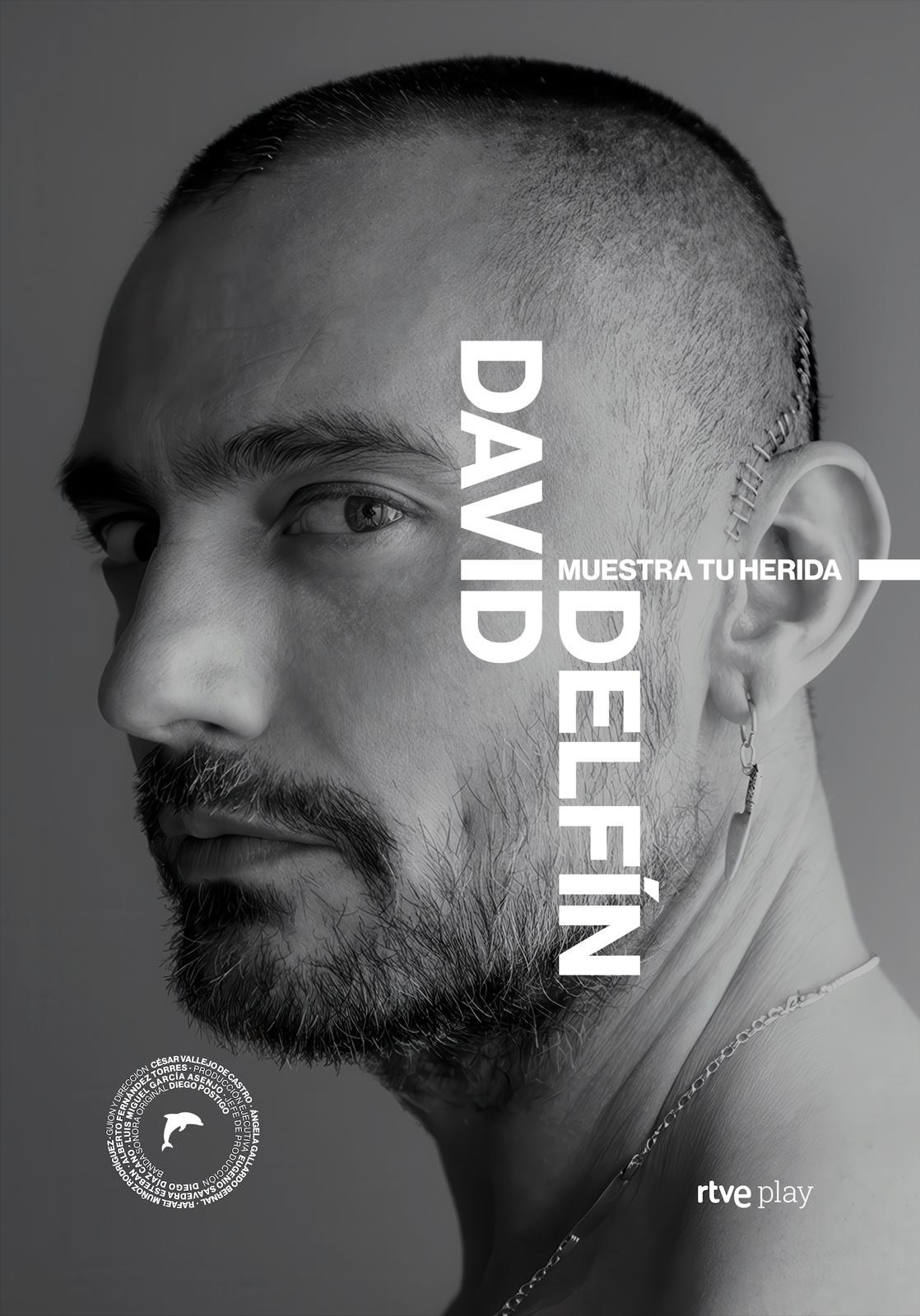
Through the voices of those who loved him — Gorka, Diego, and Deborah Postigo; his siblings Lola, Pepe and Rosa Domínguez; Alaska, Mario Vaquerizo, Pepón Nieto, Juan Duyos, Topacio Fresh — the documentary rebuilds a constellation that was never meant to be orderly. Together, they remember DAVIDELFÍN: the five-headed creature that stormed Spanish fashion when it had forgotten its own reflection.
But Show Your Wound is not nostalgia. It’s an act of resistance — against silence, against prettiness, against forgetting. Inside cultural temples like the Museo del Traje and Museo Reina Sofía, the filmmakers conjure new imagery that feels like ritual: clean, abstract, devotional. Philosopher Fernando Castro Flórez reads Delfín’s work like scripture, tracing his lines through art, cinema, and literature.
And then, in the film’s quietest moment, comes a voice we thought was gone. The lost interview Daniel Borrás recorded for Vogue — accompanied by Pablo Sáez’s now-iconic photographs of David’s shaved head, the wound still visible. We had read those words. Now we hear them, trembling, alive.
The soundtrack — composed by Diego Postigo, Bimba’s former partner — bleeds nostalgia and noise. Dora, their daughter, sings the main theme: a ghost lullaby for a generation that lived between the runway and the rave, the church and the club.
David Delfín died in 2017. But watching Muestra tu herida, you realize he never stopped creating — he just moved to another medium. His legacy exists not in fashion weeks or trends, but in the fragile connection between vulnerability and beauty.
He taught us that the wound is the work. That to show it is to survive it.
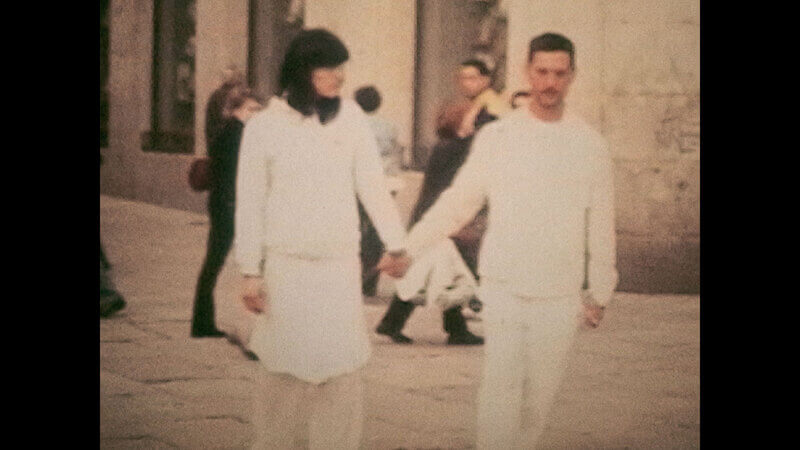
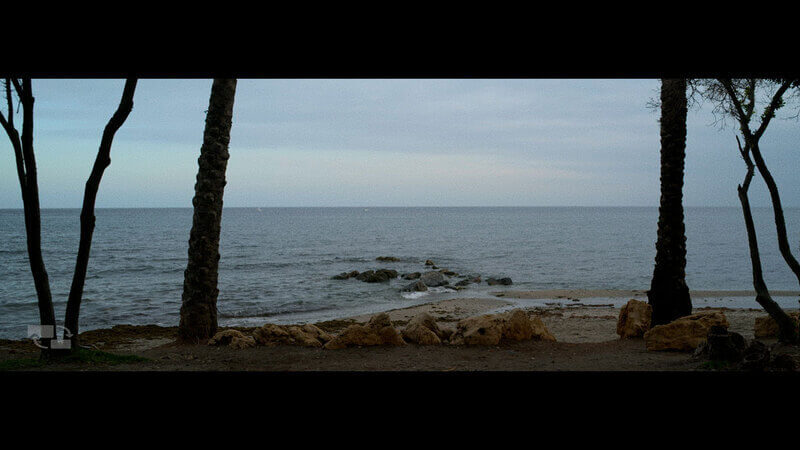
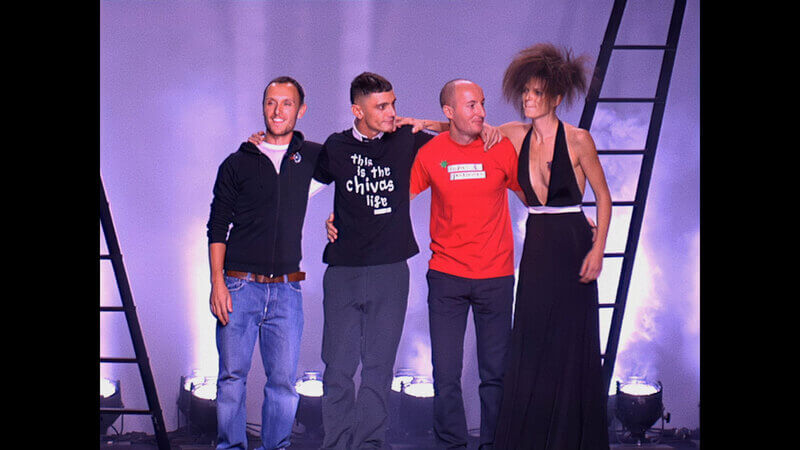
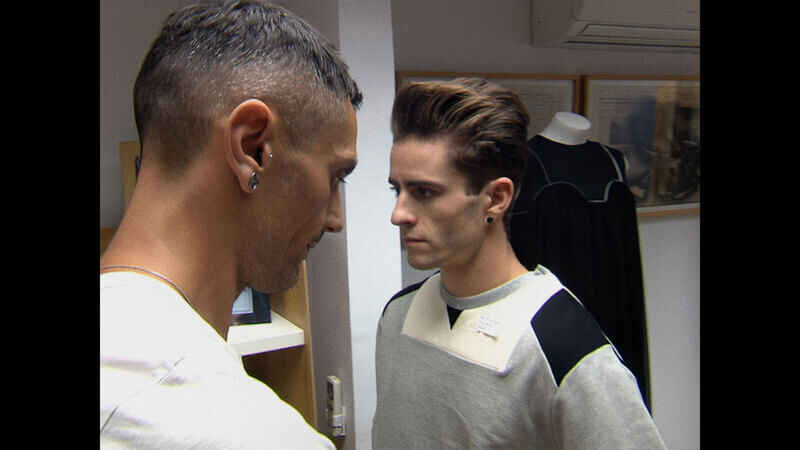
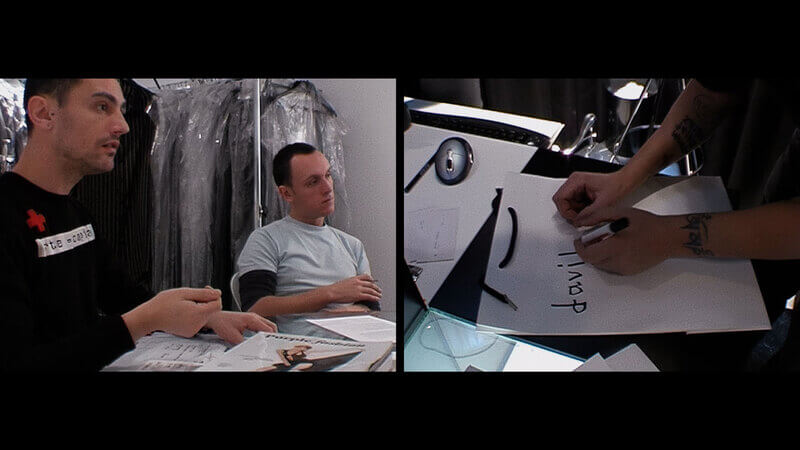
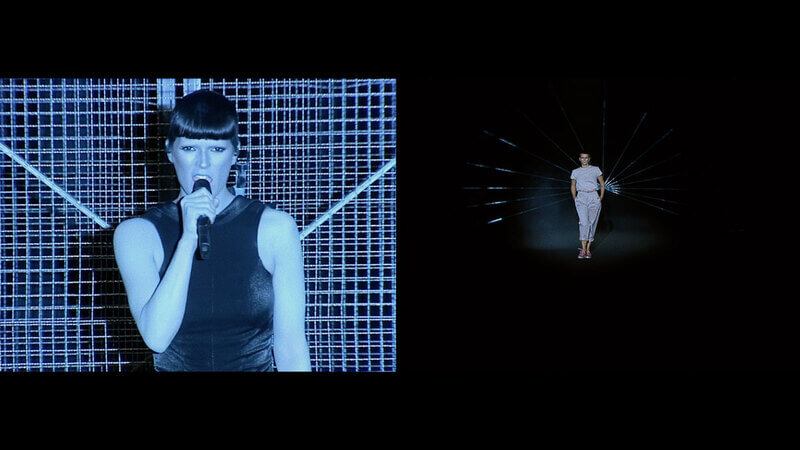
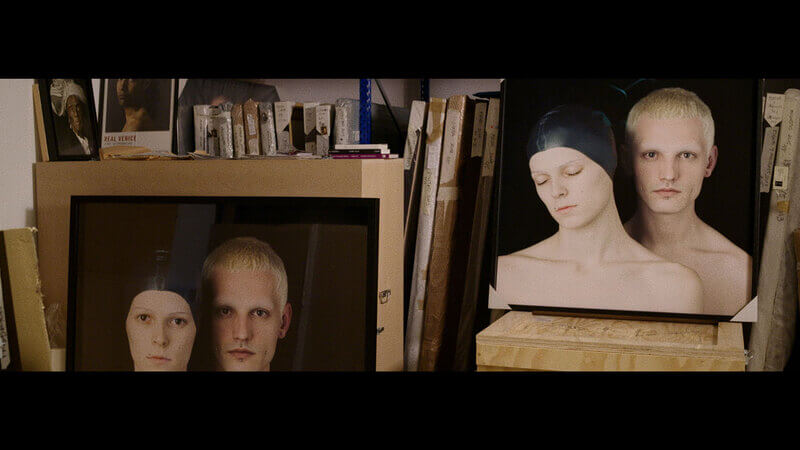
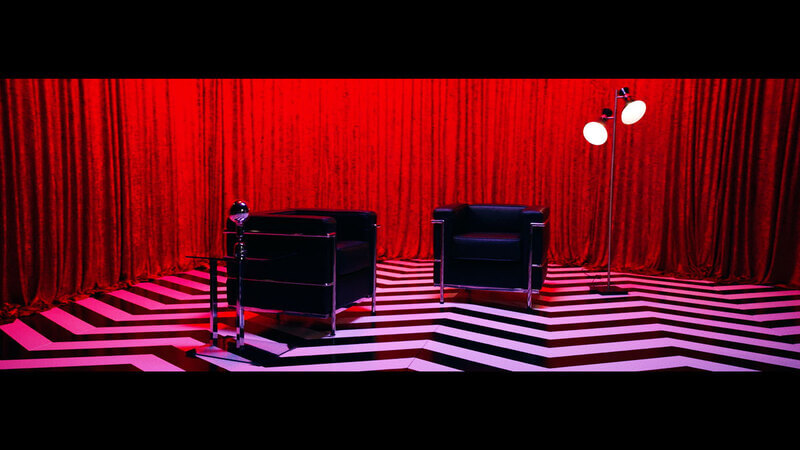
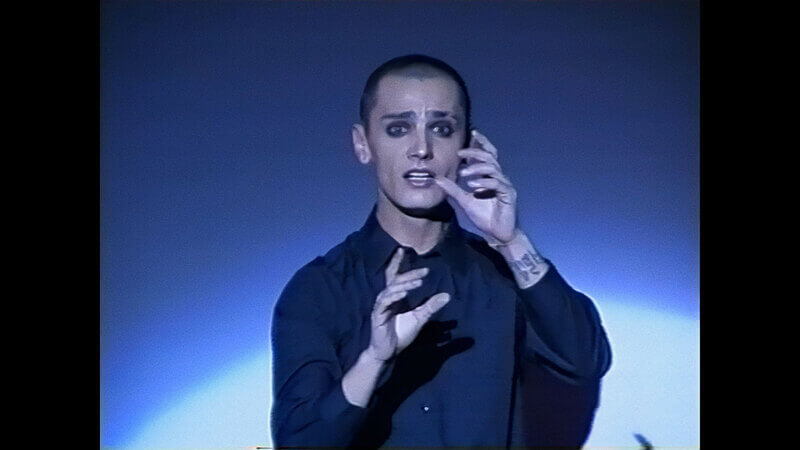
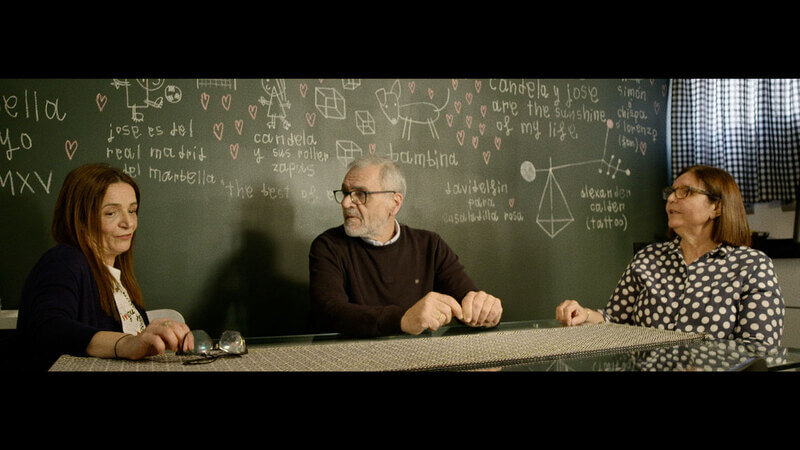
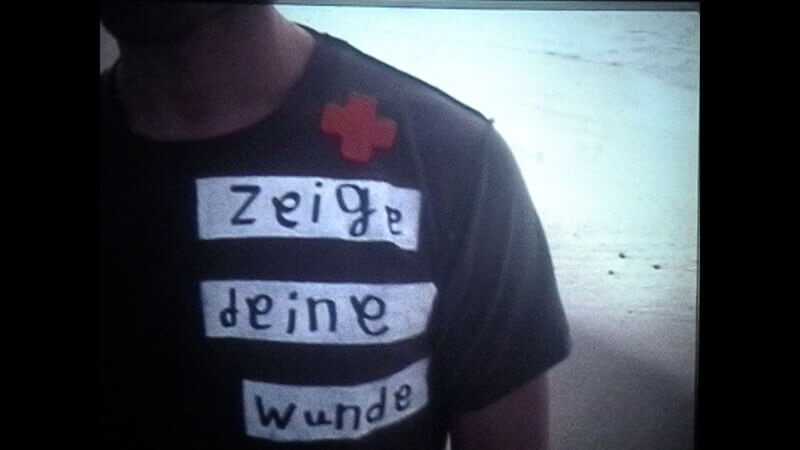
#davidelfinforever
